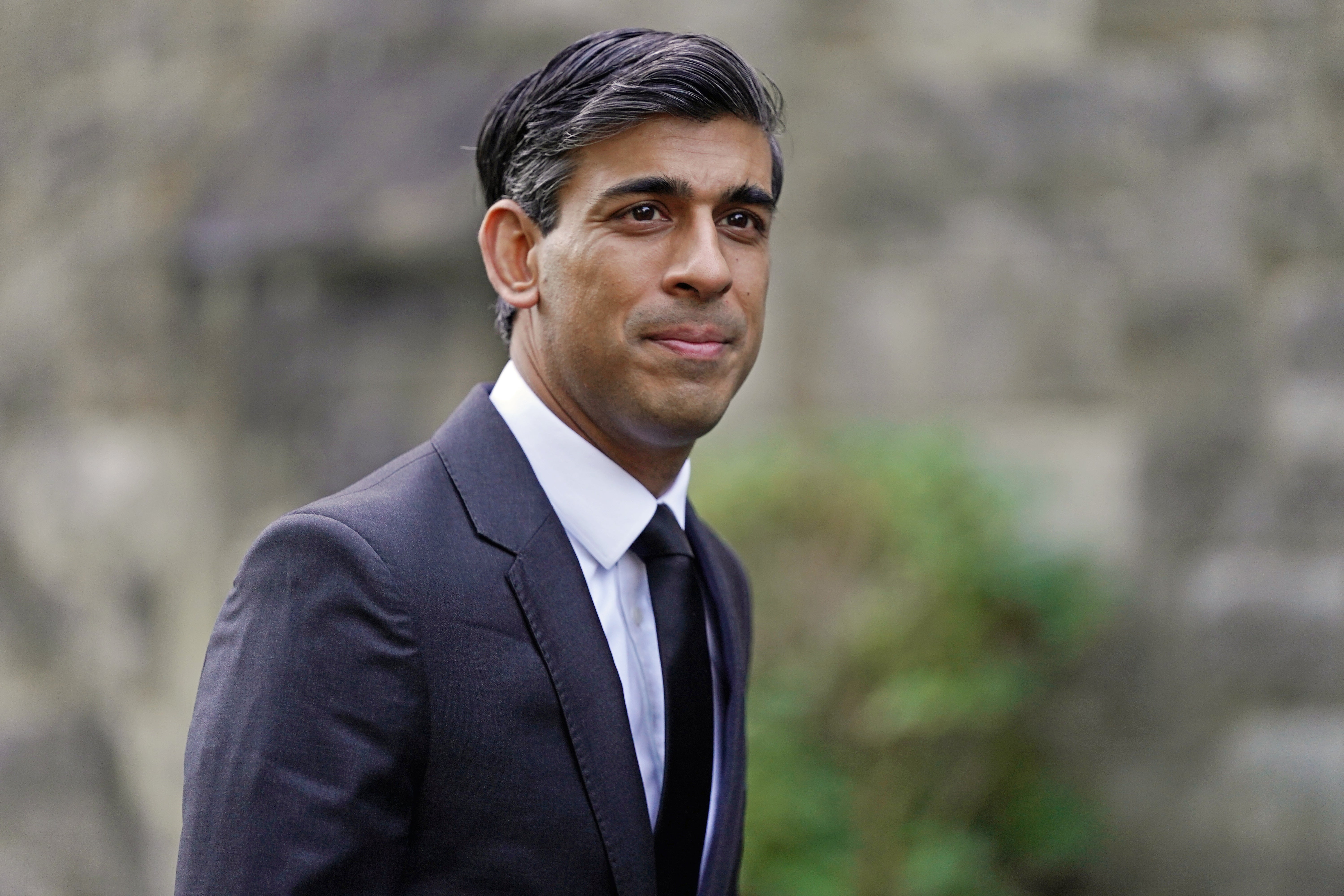Voters want government to cap price of food and essentials to stem cost of living crisis, poll finds
Opinium survey finds huge proportion of voters, including Tories, want state price controls

Your support helps us to tell the story
From reproductive rights to climate change to Big Tech, The Independent is on the ground when the story is developing. Whether it's investigating the financials of Elon Musk's pro-Trump PAC or producing our latest documentary, 'The A Word', which shines a light on the American women fighting for reproductive rights, we know how important it is to parse out the facts from the messaging.
At such a critical moment in US history, we need reporters on the ground. Your donation allows us to keep sending journalists to speak to both sides of the story.
The Independent is trusted by Americans across the entire political spectrum. And unlike many other quality news outlets, we choose not to lock Americans out of our reporting and analysis with paywalls. We believe quality journalism should be available to everyone, paid for by those who can afford it.
Your support makes all the difference.Voters want the government to cap the price of food and other essentials like clothing, housing and transport, a new survey of public opinion has found.
The research found strong support for price controls across the economy to stem the growing cost of living crisis putting pressure on household budgets across Britain.
In total 71 per cent of voters would support price controls that would "place limits on the prices that companies can charge for certain goods and services, such as energy, housing and other essential goods" – with just 7 per cent opposed.
The survey, conducted by pollster Opinium, also found strong support for the policy across the political spectrum, with Conservative voters at 76 per cent even more supportive than the general population.
It comes as the chancellor Rishi Sunak last week announced a new £200 subsidy for energy bills this winter, to be funded by a levy on energy bills over the next five years.
And the Office for National Statistics announced in January that it is reviewing how it calculates inflation for food products – after writer and activist Jack Monroe raised concerns that the stats agency was under-reporting price increases for people on lower incomes.
Asked specifically whether they would support price controls on food, 70 per cent of voters, including 65 per cent of Tory voters and 77 per cent of Labour voters, said they agreed. Just 11 per cent of voters were opposed.
Inflation soared to the highest level since 1992 last month, with the Consumer Price Index hitting 5.4 per cent.
People were less supportive of price controls for clothing and footwear, with 47 per cent in total in favour and 18 per cent against; price controls on transportation fares were supported by 72 per cent to 8 per cent while fuel was supported by 76 per cent to 8 per cent.
Meanwhile unspecified price controls on housing received 65 per cent support against 11 per cent opposed. Previous polls have recorded strong support for rent controls specifically across the political spectrum.
Many economists oppose price controls because they say the policy distorts the market and can lead to supply shortages.
Others say there is a place for price controls in some circumstances. James Kenneth Galbraith, an eminent US economist, said last month that blanket opposition to price controls came from a "reactionary mindset has no sound basis".
But Nobel prize winning economist Paul Krugman said controls would "screw up" the adjustment of the supply chain.
Commenting on latest Opinium polling Mathew Lawrence, director of the think-tank Common Wealth, said: “As the cost of living crisis explodes, and corporate profits surge, it is no surprise the public overwhelmingly support price controls for vital goods and services.
"From the energy cap and minimum wage laws to interest rates, much of our economy already has forms of controls. What role they can play to help ease the crisis and rebalance power is now an urgent question."
Meanwhile Fran Boait from the campaign group Positive Money said: “Big corporations are making huge profits as the cost of essentials like energy rise for ordinary households, so it’s no surprise that the public support price controls, which would put the squeeze on corporate profits rather than workers’ wallets.”
Examples of existing price controls in effect in the UK are the energy price cap on household bills and the regulation of some train tickets.
Join our commenting forum
Join thought-provoking conversations, follow other Independent readers and see their replies
Comments